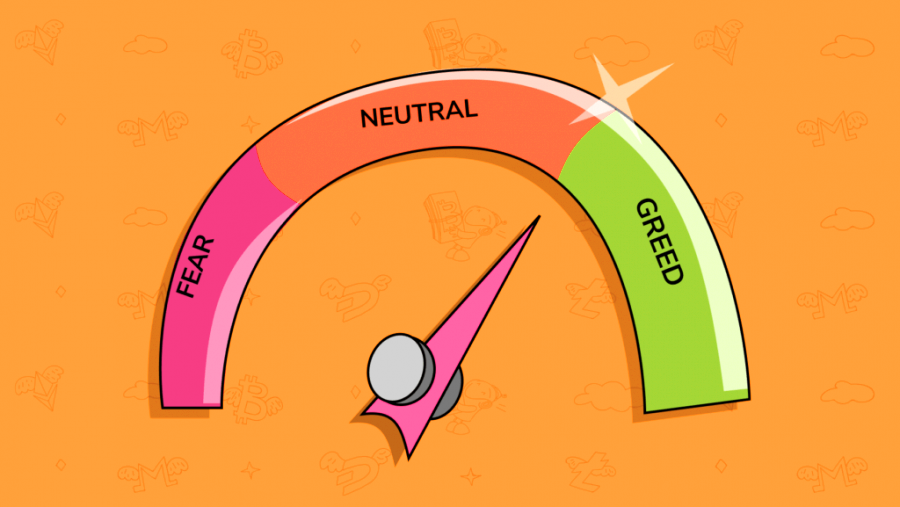
How to securely store cryptocurrencies?
Store cryptocurrencies like BTC, LTC, and ETH have no physical presence because they are digital currencies. As a result, they are kept in storage in a fundamentally different manner than conventional money. Cryptocurrency can be held in two other places: your digital wallet or a cryptocurrency exchange.
SECURE CRYPTO STORAGE ESSENTIALS
- To store cryptocurrencies securely, you must guard your private keys.
- Cryptocurrency can be kept in a wallet that you control or on an exchange.
- Online, desktop, mobile, paper and hardware wallets are the five most common bitcoin wallets.
Tips:
- Keep the vast majority of your cryptocurrency in cold storage for protection, and only a small portion online for easy access.
- A backup must be safely stored.
The fundamentals of safe crypto storing
Two cryptographic keys are needed to store cryptocurrency: a public key that serves as the door to your digital safe deposit box and a private key that serves as the combination to open it. Private keys should only be known to you, whereas public keys are visible to everyone.
In reality, when we discuss the secure store of cryptocurrencies, we also mean the secure storage of private keys.
If you store your money at an exchange like Bitstamp, that exchange will be fully responsible for protecting the private keys and will take extra security measures to keep your money safe. It is your responsibility to choose a safe cryptocurrency wallet if you opt to store the coins yourself.
The types of bitcoin wallets available range from basic analog pen and paper to online software or hardware solutions. To protect your currencies and tokens, it’s crucial to comprehend the benefits and drawbacks of each sort.
Types of crypto wallets
Online wallet
Any web browser can be used to access an online crypto wallet. The majority support several cryptocurrencies and are free to use. They are perfect for individuals looking for a quick way to carry out transactions because your private keys are readily accessible online.
Online storage of private keys presents opportunities for exploitation despite being convenient. The vulnerability is caused by the need to communicate transaction data from your wallet provider’s server to your device and back again. Although a trustworthy wallet provider will make every effort to guarantee the security of these communications, you can never be too confident.
Desktop wallet
A desktop wallet is a piece of software that keeps your private keys on the hard disk of your computer. The majority of desktop wallets are easy to use and available for free download.
A desktop wallet is a safe way to store cryptocurrencies when your computer is off. Desktop wallets are susceptible to infection because the majority of computers are used to access the internet.
Paper wallet
The private and public keys can be printed on paper for storage of crypto, which is the least technologically advanced method. Due to the entire offline storage of your assets, this method offers a high level of protection. But keep in mind that paper wallets are only as safe as the location where you keep them.
The drawback of utilizing a paper wallet is that every time you want to use cryptocurrency, you have to manually enter your keys into a software wallet to transfer them before any crypto transactions can be done. The difficulties of this procedure may exceed the security advantages of paper wallets for regular users.
Hardware wallet
“Cold storage” of cryptocurrency is safer because it cannot be hacked. Hardware wallets combine software and paper wallets for convenience and security. Offline hardware stores private keys.
Consumer hardware wallets sometimes mimic flash drives. To perform cryptographic transactions, the device just has to be connected to an internet-connected computer or smartphone. When the wallet is connected to a device, the microcontroller protects the keys.
Keep your crypto wallet safe
Private key security is a full responsibility that comes with crypto ownership. The ideal course of action is to keep the bare minimum of coins in software wallets to meet your daily needs while keeping the majority of funds in cold storage.
Create a special password for your wallet that contains at least 12 unrelated upper- and lowercase characters, digits, and symbols. Keep your two-factor authentication enabled if you’re using a software wallet at all times.
Read More: Introduction to Cryptocurrency Trading Strategies
Because the device your wallet is hosted on determines how safe it is, it is important to stay up with security upgrades from your wallet provider and to guard your electronic equipment against viruses and attacks.
To keep control of your private keys, frequently back up your cryptocurrency wallet. Your cryptocurrency assets may be permanently lost if your wallet is compromised or malfunctions. The recommended practice is to always encrypt backups kept online and to store them on several safe mediums, such as paper wallets.
Storing crypto at an exchange
It’s crucial to use a secure and dependable exchange platform when converting money into cryptocurrency (or the other way around) using a fiat currency. Reputable exchanges take many measures to protect the funds of their users. About 98% of Bitstamp’s cryptocurrency assets are kept in cold storage, and the remaining 2% are stored in an online wallet called MultiSig.






3 Comments